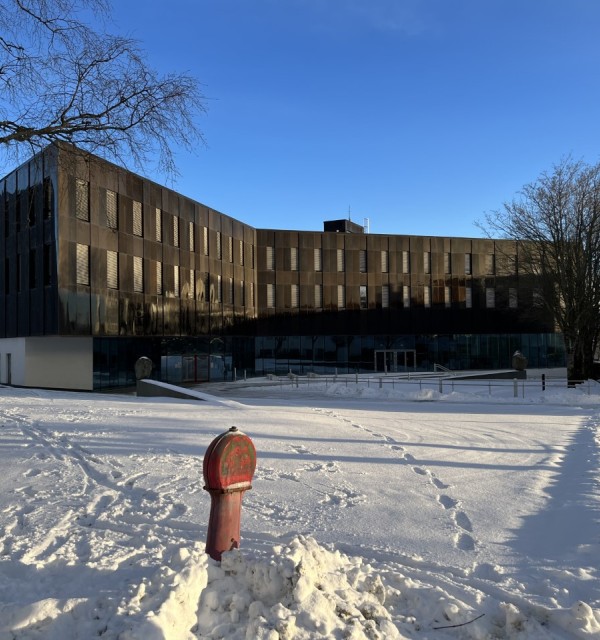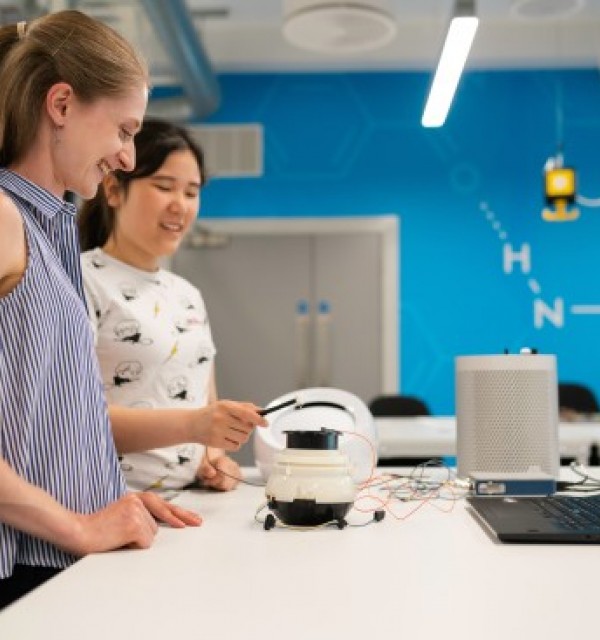Open for everyone
Prof. dr. Carolina Castaldi
Topic: Regional Innovation Specializations: How Relatedness Within and Between Technology, Design and Market Activities Matter
Carolina Castaldi from University of Utrecht is professor in Geography of Innovation.
Abstract:
This paper examines how regions develop new innovation specializations, covering different activities in the whole process from technological invention to commercialization. We develop a conceptual framework anchored in two building blocks: first, the conceptualization of innovation as a process spanning technology, design and market activities; second, the application and extension of the principle of relatedness to understand developments within and between the different innovation activities. We offer an empirical investigation where we operationalize the different innovation activities using three intellectual property rights (IPRs): patents, industrial designs and trademarks. We provide two separate analyses of how relatedness matters for the emergence of new specializations: for 259 NUTS-2 European regions and for 363 MSAs of the US. While relatedness is significantly associated with new regional specializations for all three innovation activities, cross-relatedness between activities also plays a significant role. Our study has important policy implications for developing and monitoring Smart Specialization regional strategies.
Professor Martin Henning

Topic: Skill domains of local economies. Measuring economic coherence and diversification using information from two million geo-coded job postings.
Martin Henning from University of Gothenburg is professor in Economic Geography
Abstract:
The presence of skills is commonly thought to have enormous implications for local economic development. Yet, skills are notoriously hard to capture and measure, and it is even harder to find out in which directions actors aspire to push the local labour market frontier. This paper shows how information embedded in geo-coded job ads can be used to derive information not only about the ‘skill domains’ present in a region, but also about the structure of future labour market aspirations and their economic significance. We show that local economic portfolios are on average coherent in terms of present skill domains, that smaller regions are on average more restricted in their skill domains, and that skill domain coherence is negatively linked to regional wealth. However, given their level of diversity, regions that pursuit more skill-focused skill recruitment strategies are more successful than other regions. This is an indication of the value of concerted efforts that build local collective knowledge on domain-oriented labour markets. We believe that this especially marks the importance of skill clusters within diversified environments in our time.
Zoom: https://stavanger.zoom.us/j/65473506311?pwd=QnNIQUdFRnVzeWxiNjNOcWQrSGZZUT09
Meeting-ID: 654 7350 6311
Password: 698418


